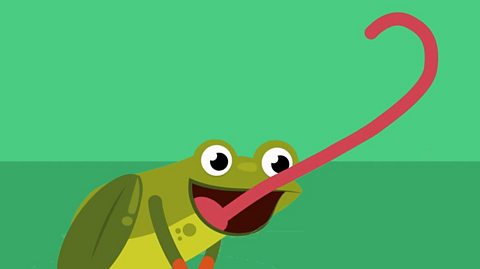Classification
Classification is putting things into groups. Living things can be divided into these groups or 'classified' by looking at similarities and differences between the way they look and behave.
Watch: All animals are related
Follow the different branches of this classification tree!
Animals
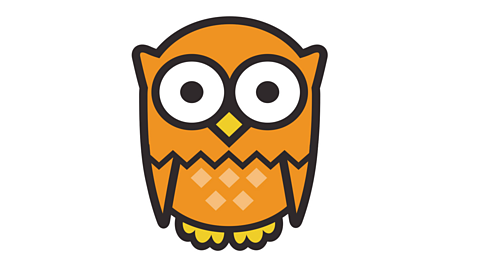
Animals are divided into two main groups. Animals that have a backbone (spine) are called vertebrates. Animals that don't have a backbone are called invertebrates.
Vertebrates and invertebrates are divided into smaller groups.
Vertebrates, for example, are divided into five groups:
- fish
- amphibians (like frogs and toads)
- reptiles (like snakes and crocodiles)
- birds
- mammals (like humans, dogs and dolphins)

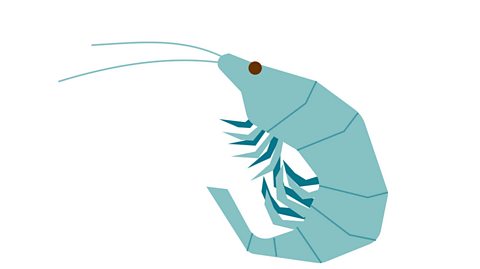
There are many different groups of invertebrates too. They include invertebrates which have:
- soft bodies such as jellyfish, worms and molluscs (like slugs and squids).
- hard bodies such as insects, crustaceans and spiders.
Watch: Classifying animals
Here's what you need to know about classifying animals.
Activity 1: Quiz
Activity 2: Classifying animals

Have a look through any magazine, newspaper or catalogue that you have access to.
- Write a list of all the animals you can see.
- Time yourself as you classify these animals into different groups.
Challenge: Let a friend question all your choices for the different groups. Why did you put that animal in that group?

Bitesize Primary games. gameBitesize Primary games
Play fun and educational primary games in science, maths, English, history, geography, art, computing and modern languages.

More on Living things and their habitats
Find out more by working through a topic
- count2 of 15
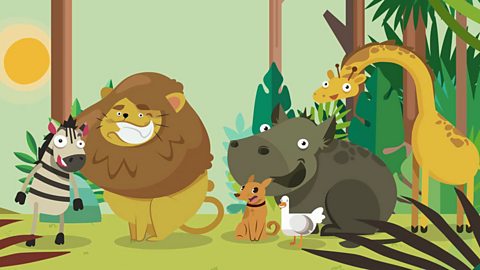
- count3 of 15
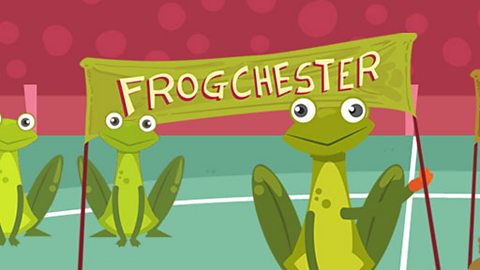
- count4 of 15
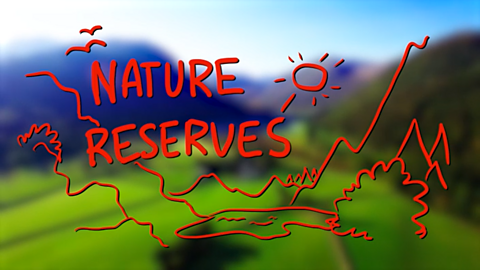
- count5 of 15
